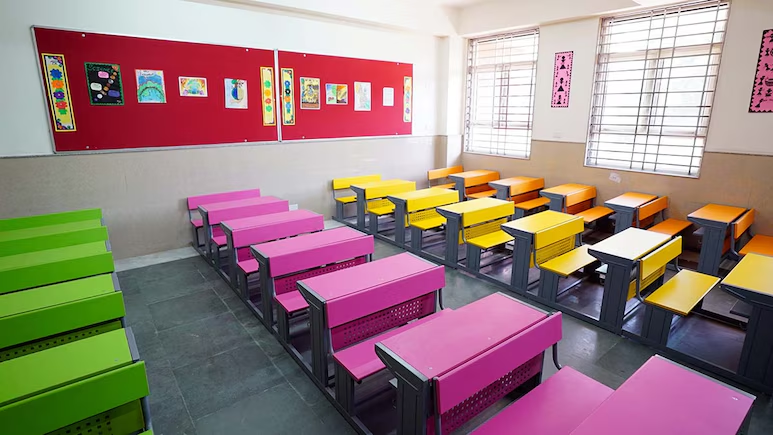
The Government of India has registered a patent for the invention of a technology to screen typhoid. The technology to screen typhoid was invented by a team of professors of Graphic Era Deemed University Dehradun led by Dr Pankaj Gautam (Head of the Department, Department of Life Sciences). The other members of the team included Dr Navin Kumar Bajpai (HOD, Department of Biotechnology), Dr Nishant Rai and Dr Ashish Thapliyal of the university.
The invention provides a PCR-based diagnostic assay for the detection of Typhoid-causing bacteria, or Salmonella typhi, with higher sensitivity and specificity. The diagnostic assay to screen Typhoid is expected to be cost-effective compared to presently available PCR-based assays and to help in the accurate diagnosis of the disease, a university statement said.
“The patent was filed in 2014 at the motivation of Professor (Dr) Kamal Ghanshala President, Graphic Era (Deemed to be University) and received favorable comments in PCT (Patent Cooperation treaty) at international level,” the Graphic Era statement read. The patent was granted on January 4, 2021.
Typhoid fever is endemic in many developing and underdeveloped countries and caused by the bacterium Salmonella typhi. Typhoid fever is diagnosed by using a combination of the clinical presentation which includes the isolation ol Salmonella typ from body fluids and by Widal test. The most prevalent method of diagnosing typhoid fever is a positive blood culture, but the test is positive in only 40-60% of cases. There is a lack of reliable, rapid and sensitive methods for detection of Salmonella typhi, the statement further said.
